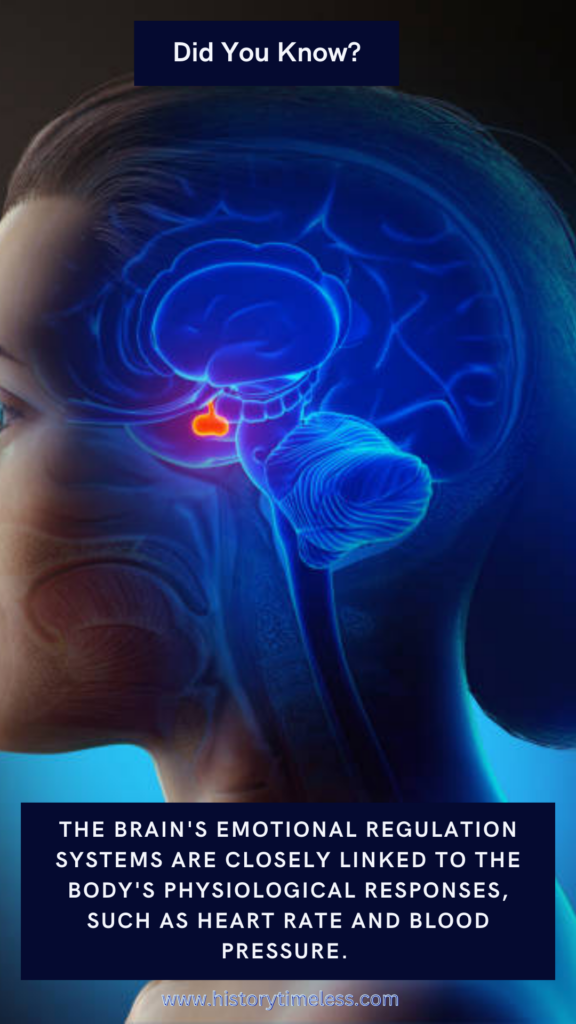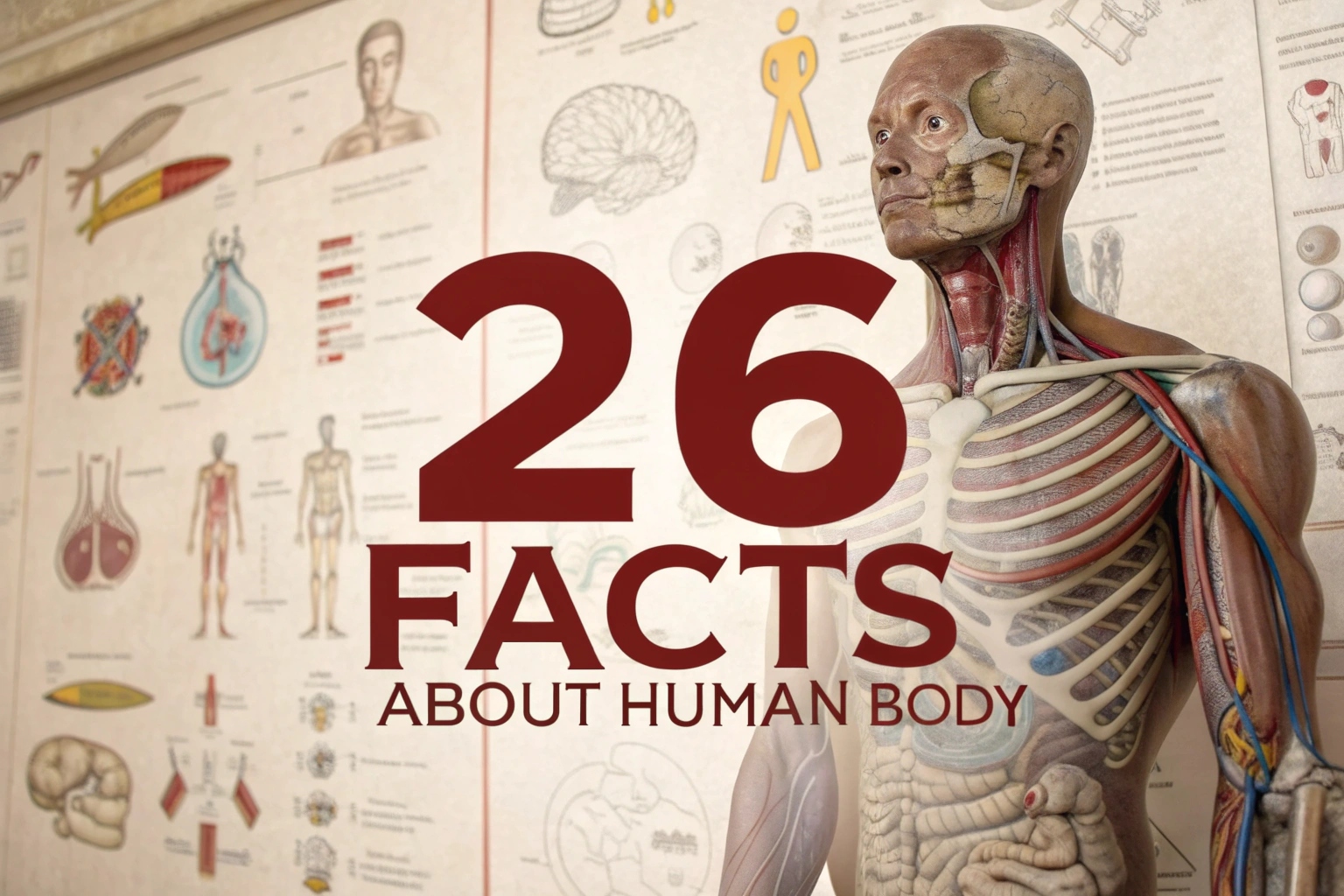The human brain is a complex and fascinating organ, capable of incredible feats. With billions of neurons and trillions of connections, it’s a wonder of biology and psychology. From controlling our movements to facilitating our thoughts and emotions, the brain plays a vital role in our daily lives. Here are 25 mind-blowing facts about your brain that you need to know.
1. Brain Processing Power
The brain’s processing power is estimated to be around 1 exaflop, which is faster than the world’s most powerful supercomputers. This enables it to process vast amounts of information quickly and efficiently, allowing us to react and respond to our environment.
2. Neural Plasticity
The brain’s neural connections can reorganize and adapt throughout life, a process known as neuroplasticity. This allows the brain to compensate for damaged areas and learn new skills, making it an incredibly resilient and dynamic organ.
3. Brain Wave Frequencies
The brain operates at different frequency ranges, including alpha, beta, theta, and delta waves. Each frequency range is associated with specific states of consciousness, such as relaxation, focus, or sleep, and can be influenced by external stimuli.
4. Memory Consolidation
The brain consolidates memories during sleep, transferring information from short-term to long-term storage. This process involves the strengthening of neural connections and can be enhanced through techniques like repetition and spaced learning.
5. Emotion Regulation

The brain’s emotional regulation systems are closely linked to the body’s physiological responses, such as heart rate and blood pressure. This is why emotional states can have a profound impact on our physical well-being.
6. Default Mode Network
The brain’s default mode network is a set of regions that are active when we’re not focused on the external world. This network is responsible for introspection, mind-wandering, and self-referential thinking, and is thought to be involved in creativity and problem-solving.
7. Neurotransmitter Balance
The brain’s neurotransmitters, such as serotonin and dopamine, play a crucial role in regulating mood, motivation, and other physiological processes. An imbalance of these chemicals can contribute to mental health disorders like depression and anxiety.
8. Brain Development
The brain continues to develop and mature until the mid-20s, with significant changes occurring in regions involved in impulse control, emotion regulation, and decision-making. This is why adolescents and young adults may exhibit impulsive behavior.
9. Synesthesia
Some people experience synesthesia, a condition where the brain blends sensory inputs, such as seeing numbers or sounds as colors. This phenomenon highlights the brain’s incredible flexibility and creativity in processing information.
10. Placebo Effect
The brain’s placebo effect is a powerful demonstration of its ability to influence physical responses through expectation and belief. This can lead to significant improvements in symptoms and outcomes, even when no actual treatment is administered.
11. Brain’s Energy Consumption
The brain consumes approximately 20% of the body’s energy expenditure, despite accounting for only 2% of its mass. This is a testament to the brain’s high metabolic activity and energy demands.
12. Neurogenesis
The brain is capable of generating new neurons throughout life, a process known as neurogenesis. This occurs in regions such as the hippocampus, which is involved in learning and memory.
13. Brain’s Water Content
The brain is composed of approximately 80% water, making it one of the most hydrated organs in the body. This high water content is essential for maintaining proper brain function and structure.
14. Mirror Neurons
The brain’s mirror neurons are a type of cell that fires both when we perform an action and when we observe someone else performing the same action. This neural mechanism is thought to be involved in empathy, social learning, and understanding other people’s perspectives.
15. Brain’s Response to Music

The brain responds to music in a unique and complex way, involving multiple regions and systems. Listening to music can evoke strong emotions, stimulate memory recall, and even improve cognitive function.
16. Brain’s Reward System
The brain’s reward system is responsible for releasing dopamine and other neurotransmitters in response to pleasurable activities, such as eating or social interaction. This system plays a critical role in motivation, learning, and addiction.
17. Brain’s Stress Response
The brain’s stress response, also known as the fight-or-flight response, is triggered by the release of hormones like adrenaline and cortisol. Chronic stress can have negative effects on brain function and overall health.
18. Brain’s Sleep Cycles
The brain’s sleep cycles are characterized by distinct stages, including REM and non-REM sleep. Each stage is associated with specific brain wave patterns, hormonal releases, and physiological processes.
19. Brain’s Language Processing
The brain’s language processing systems are highly specialized and involve multiple regions, including Broca’s and Wernicke’s areas. These regions work together to enable us to understand, produce, and comprehend language.
20. Brain’s Consciousness
The brain’s consciousness is still not fully understood, but research suggests that it arises from the integrated activity of multiple neural networks and systems. This complex and dynamic process gives rise to our subjective experience of the world and ourselves.
21. Brain’s Blind Spot
The brain has a blind spot in each eye, where the optic nerve connects to the retina. However, the brain is able to fill in this gap using contextual information and surrounding visual data, creating the illusion of a complete visual field.
22. Neurotransmitter Recycling
The brain has a unique system for recycling neurotransmitters, such as serotonin and dopamine. This process involves the reuptake of these chemicals by the neuron that released them, allowing for efficient reuse and conservation of resources.
23. Brain’s Pain Regulation
The brain has a complex system for regulating pain, involving multiple regions and neurotransmitters. This system can be influenced by emotions, expectations, and past experiences, and can be modulated through techniques such as meditation and deep breathing.
24. Brain’s Time Perception
The brain’s perception of time is highly subjective and can be influenced by factors such as attention, emotions, and memory. This is why time can seem to slow down or speed up depending on the situation, and why our sense of time can be distorted during periods of high stress or excitement.
25. Brain’s Microbiome Connection
The brain is connected to the gut microbiome through the vagus nerve, which allows for bidirectional communication between the two.
This connection has been shown to influence mood, cognition, and behavior, and has implications for our understanding of the intricate relationships between the brain, gut, and body.
Savor More Mind-Blowing Facts:
25 Mind-Blowing Antarctica Facts That Will Shock You!
30 Mind-Blowing Facts About Mars You Didn’t Know
25+ Quick Facts to Make You the Smartest Person at Parties





